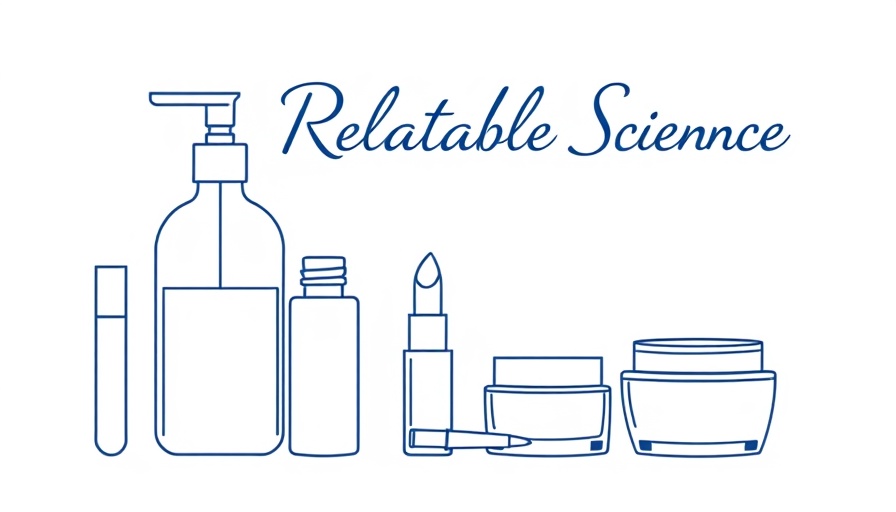
Can Peptides Truly Replace Retinol?
The skincare world is buzzing with discussions about peptides, with claims they are gentler than retinol while still effective for anti-aging. But is this sentiment rooted in reality?
Retinol, a derivative of vitamin A, has long been celebrated as the gold standard in anti-aging skincare. Known for its scientifically backed benefits, retinol promotes collagen production and effectively reduces fine lines and wrinkles. In contrast, peptides, which are short chains of amino acids, serve as building blocks for proteins like collagen and elastin. While peptides boast numerous benefits, they do not yet have the same level of clinical evidence validating their effectiveness as retinol.
The Gentle Touch of Peptides
For individuals with sensitive skin, peptides may present a more suitable alternative. They can enhance the skin’s barrier and aid in healing, making them a good supplement to a skincare routine that includes retinol. Clinical studies typically show peptides as gentler alternatives, which is essential for anyone who might find retinol too irritating.
Comparative Effectiveness: The Science Behind It
Research shows that while peptides do offer anti-aging properties, they rarely match the comprehensive effects of retinol. For example, a 2020 study indicated that while peptides improved skin texture and hydration, retinol was superior in promoting cellular turnover (the process by which skin cells shed and new ones form). This key difference underscores why many dermatologists still recommend retinol as the first line of defense against aging.
Exploring Alternatives: When Peptides Shine
While retinol may reign supreme, peptides are not without merit. They shine in hydrating formulations, offering soothing benefits post-retinol application. This is crucial since retinol can often lead to dryness and irritation. Therefore, a cream that marries peptides with retinol could harness the strengths of both ingredients—providing users with the anti-aging power of retinol while ensuring hydration and calmness post-application.
Why Skin Type Matters
Choosing between retinol and peptides may also hinge on your skin type. For those with oily, resilient skin, retinol might be the strong player you need. However, if you have dry or sensitive skin, relying on peptides could help maintain balance while still focusing on anti-aging goals. Personalization in skincare is slowly becoming mainstream, allowing users to consider their unique skin needs.
Future Trends in Skincare: Combining Strengths
As science progresses, the future of skincare may lie in hybrid products that combine the best attributes of both ingredients—retinol and peptides—into a single formulation. This potential trend enhances accessibility for consumers, making it easier for them to achieve their skincare goals without sacrificing comfort. Innovations in delivery methods, like micro-needling and topical applications, might also play roles in enhancing the effectiveness of these key ingredients.
Your Skincare Routine: Actionable Tips
For those looking to integrate both peptides and retinol into their routines, here's a simple action plan: Start by applying retinol at night, as it can increase sun sensitivity. Follow it with a peptide-rich moisturizer to soothe the skin. Incorporate these steps gradually, allowing your skin to adapt without overwhelming it.
In Conclusion: Know Your Skincare Ingredients
Understanding the distinctions between peptides and retinol can empower you to make informed decisions about your skincare. While retinol is proven to deliver robust anti-aging benefits, peptides offer a gentle alternative. By combining these two, you might just discover the perfect balance for your skin goals. As you explore, always watch how your skin reacts, and never hesitate to consult with a dermatologist for personalized advice. Remember, healthy skin is a journey, not a destination!
 Add Row
Add Row  Add
Add 




Write A Comment